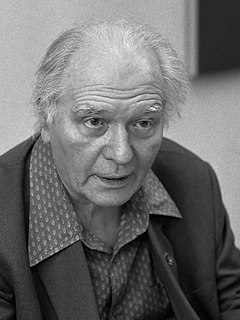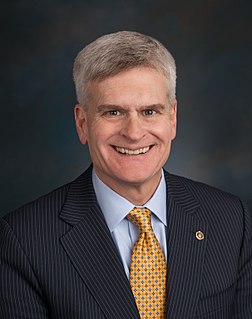A Quote by Jean Cocteau
The skin of all of us is responsive to gypsy songs and military marches.
Related Quotes
It is very important that people understand how important flamenco is to the Gypsy community. There have been some amazing Gypsy artists. It's important that we give visibility to that, but at the same time people have to be fair and recognise that Paco de Lucia was the biggest guitar player in this style of music in the world and he wasn't Gypsy.
I spent three years researching American Rose, research that included connecting with Gypsy's sister, the late actress June Havoc (I was the last person to interview her) and Gypsy's son, and also spending countless hours immersed in Gypsy's expansive archives at the New York Public Library. I became obsessed with figuring out the person behind the persona.






































